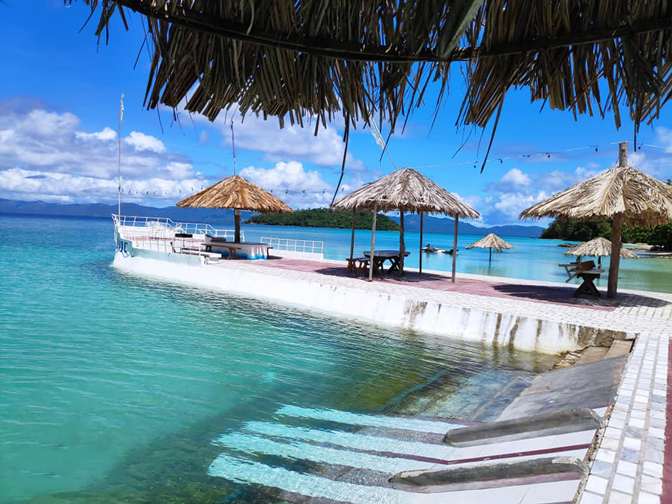The Time Romblon Was Almost Sold to a Foreign Power
Few people know that the quiet, marble-rich province of Romblon once stood at the center of a historical controversy — a time when it was nearly sold to a foreign power. This little-known event reveals the political tensions, colonial influence, and local defiance that shaped the destiny of this island province.
A Hidden Chapter in Philippine Colonial History
During the late colonial period, Romblon was a valuable territory due to its strategic location and rich natural resources. The islands’ abundant marble reserves and their access to sea routes made them attractive to foreign interests. Some historical accounts suggest that colonial administrators once discussed transferring control of Romblon as part of economic negotiations with a Western power seeking to expand its influence in the Asia-Pacific region.
Though never finalized, the talks stirred suspicion among locals and officials, leading to one of the most intriguing “what if” moments in Philippine history.
The Role of Local Leaders
Romblon’s community leaders, clergy, and early revolutionaries are believed to have resisted the idea of foreign acquisition. Their strong sense of identity and connection to the land prevented outside powers from easily asserting control. Oral histories from the region speak of town elders who secretly met to organize protests and spread word of the possible sale, emphasizing that Romblon should remain Filipino soil.
Economic Interests and Foreign Pressure
At the time, global powers were actively expanding their colonial reach, and Romblon’s proximity to major shipping routes made it a valuable maritime asset. The area’s pristine resources — from marble and timber to coral reefs and deep harbors — drew significant attention. However, financial constraints and administrative inefficiencies during colonial rule made local officials vulnerable to negotiations that could have changed Romblon’s future forever.
A Close Call That Changed History
Fortunately, the plan never materialized. A combination of local opposition, shifting politics, and administrative complications ended discussions before any deal was made. The event, however, left a lasting impact — a reminder of how easily small islands could be lost through political deals. Today, Romblon stands as a symbol of resilience, a province that quietly protected its identity amid powerful external forces.
Travelers exploring Romblon’s peaceful coastlines can uncover more of its fascinating past during local tours — and if you’re nearby, check out Bonbon Beach island-hopping details here https://romblonparadise.com/bonbon-beach/
Remembering Romblon’s Forgotten Struggle
While the story remains half-buried in history books, it serves as a lesson about vigilance and unity. Romblon’s people have long proven that even a small island can stand firm when its sovereignty is threatened. The time Romblon was almost sold reminds us that heritage is not just about monuments — it’s about courage, memory, and the quiet strength of communities who refused to be forgotten.


